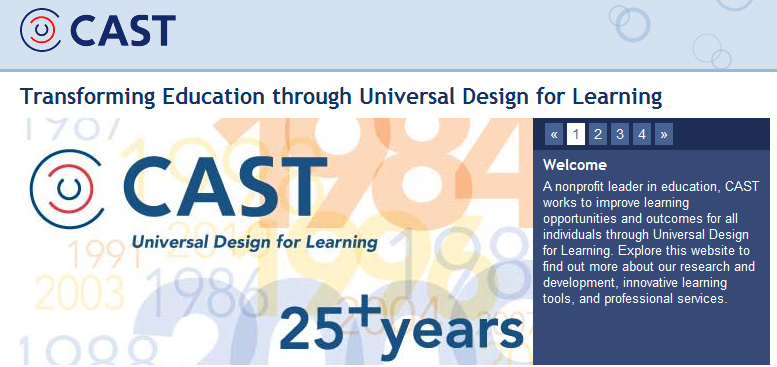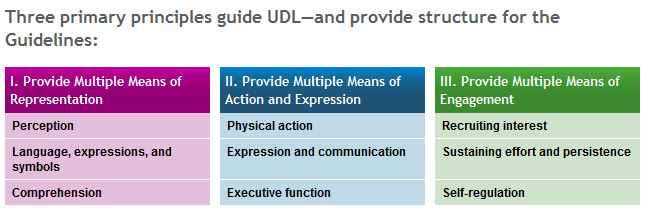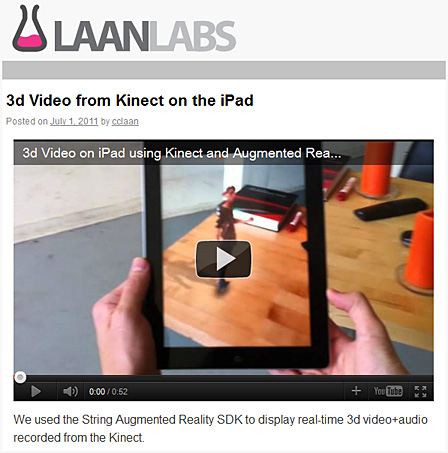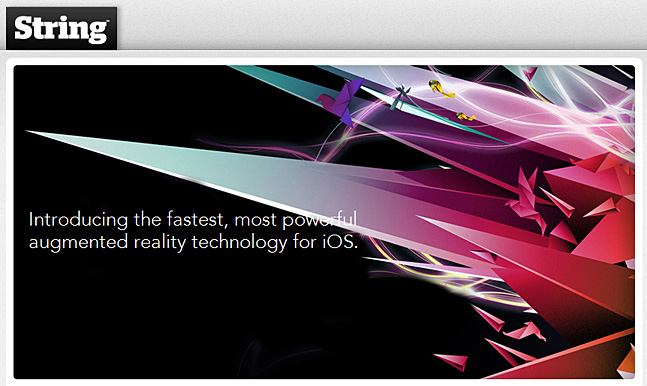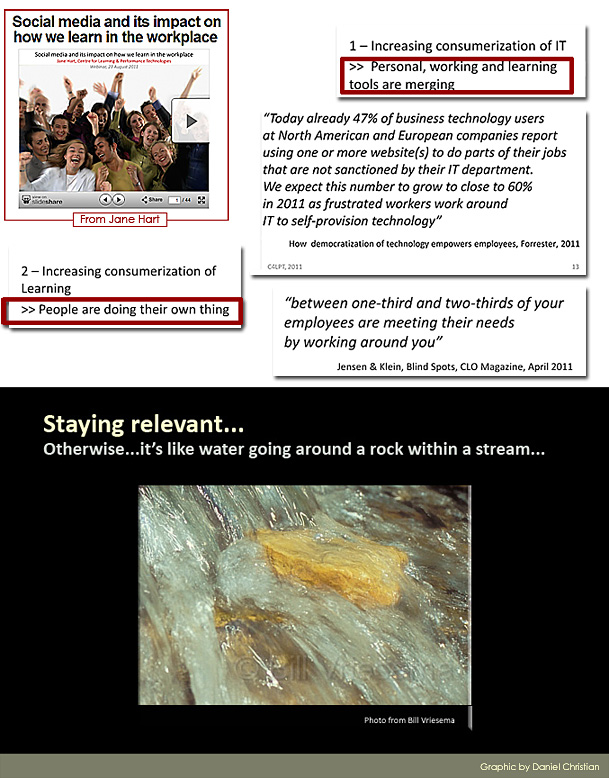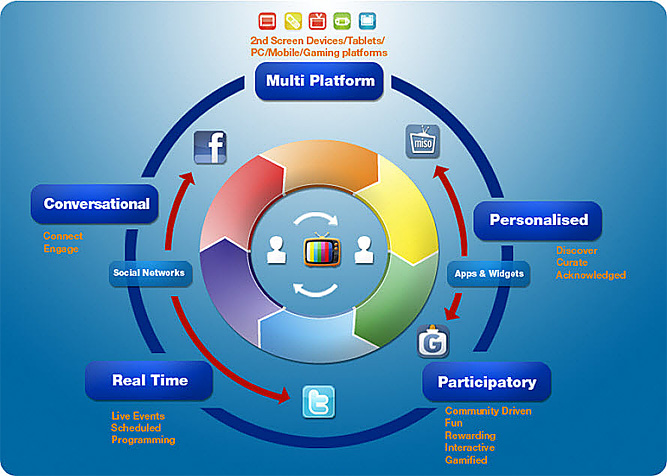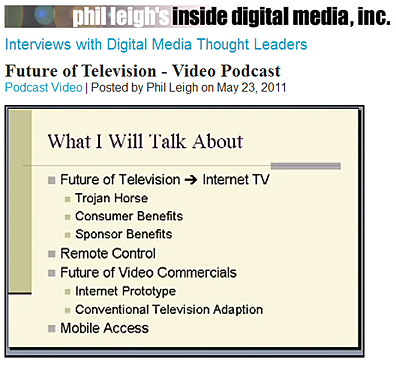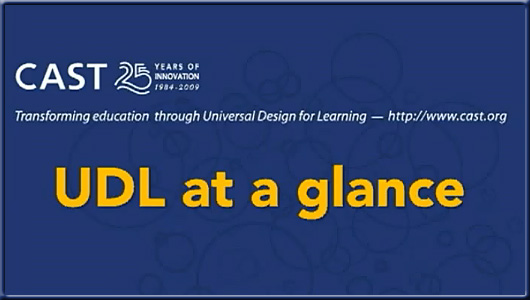
My thanks to Mrs. Krista Spahr, Calvin College, for this resource and the quote below:
Universal Design for Learning (UDL) is meant to minimize barriers and to maximize learning.
…
Reflections from DSC:
Though I still have much to learn about Universal Design for Learning (UDL), my initial thought is that I really like this approach, as it moves us away from the one-size-fits-all approach and towards a teaching and learning environment that offers more choice, more selection, and more opportunities for customization and personalization. Plus, as companies such as Apple and Microsoft have seen, functionality that started out trying to address accessibility-related needs ended up helping everyone!
Along these lines, I created this graphic years ago — with the idea that students would have a choice on which media they might prefer to use to absorb the information:
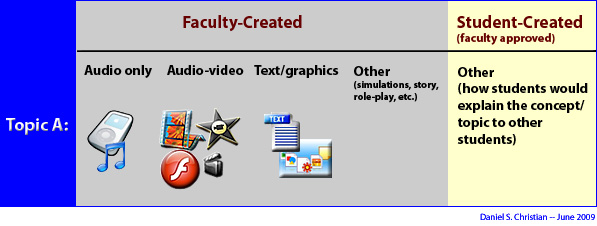
Again, the idea being that we could provide the same content in 3-5 different ways and let the students select what works best for them. Plus, in the example above, we could even see how other students are describing/making meaning of something.
But it goes further than this as I’m understanding UDL. For example, the methods for achieving a learning outcome can be greatly varied, as the assignments for a particular outcome might be reaching via watching a video clip, or reading a book, or doing a project, or writing a story, or creating music, or ___(fill in the blank) ____.
Also see:
